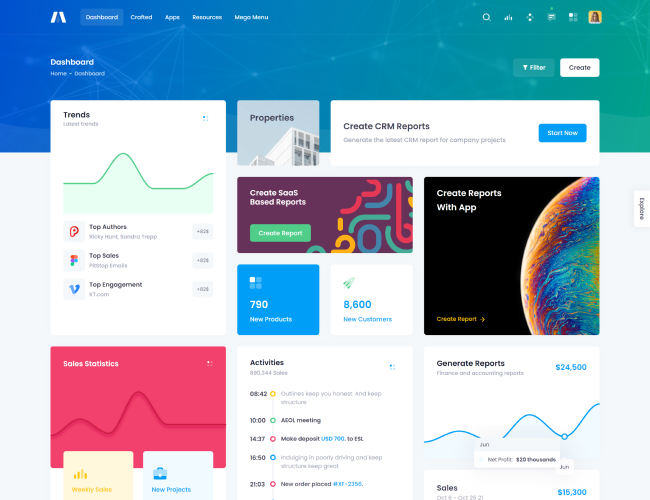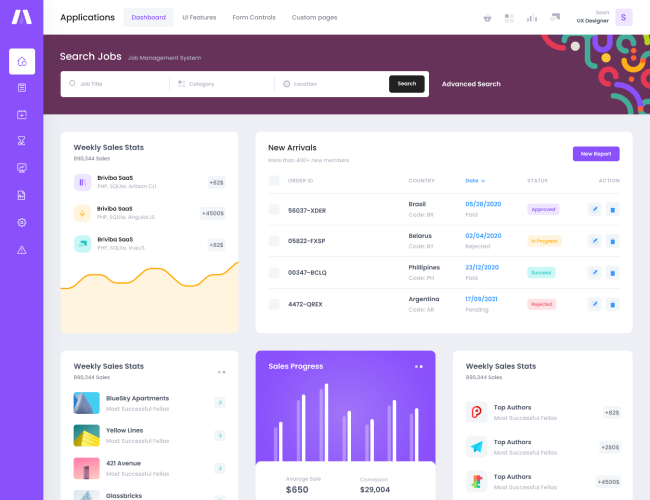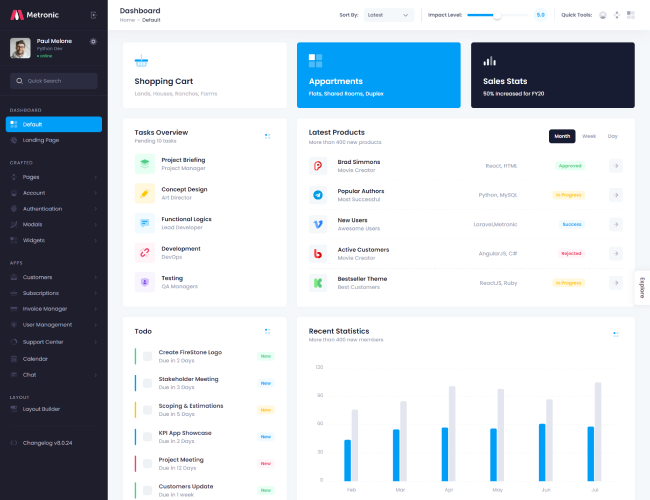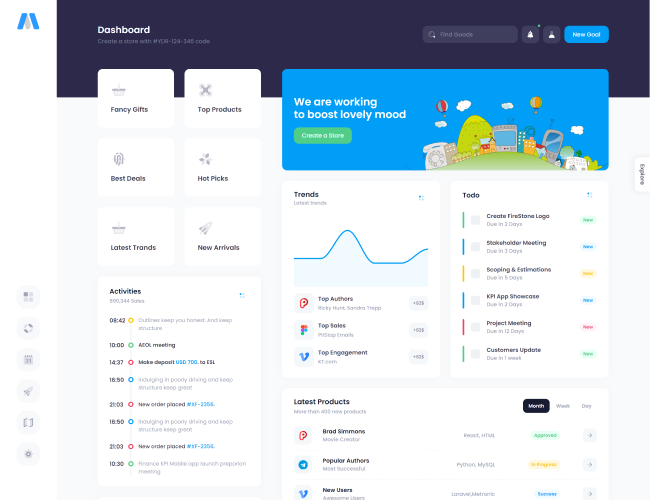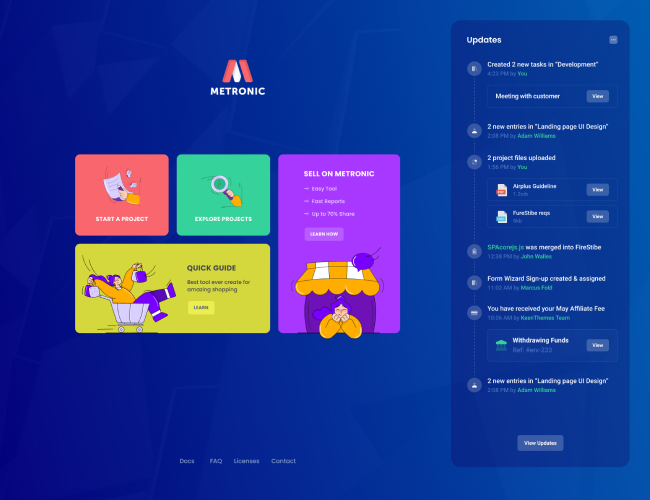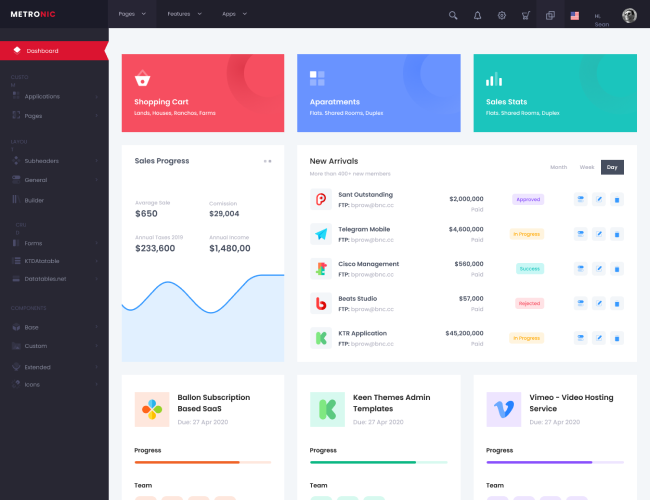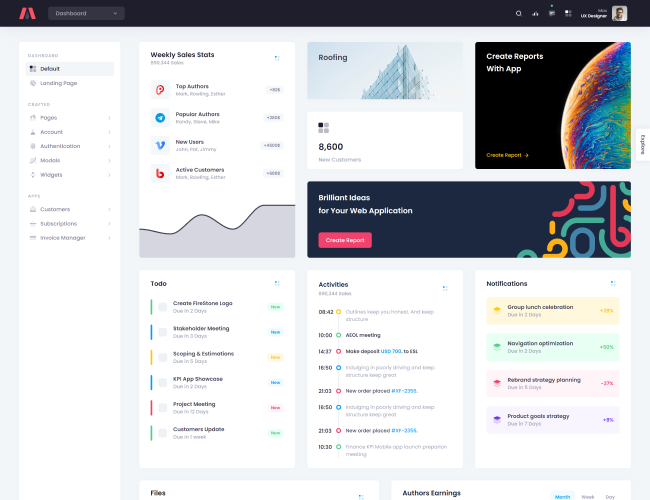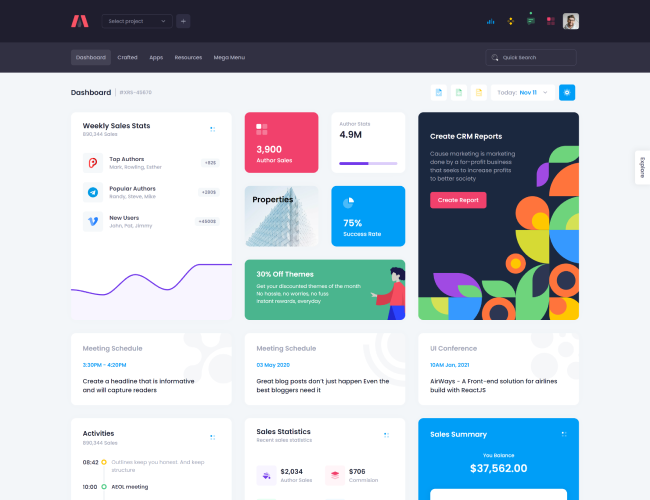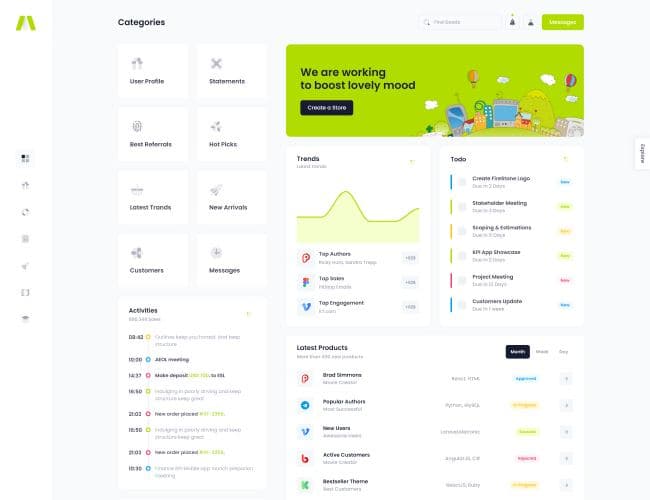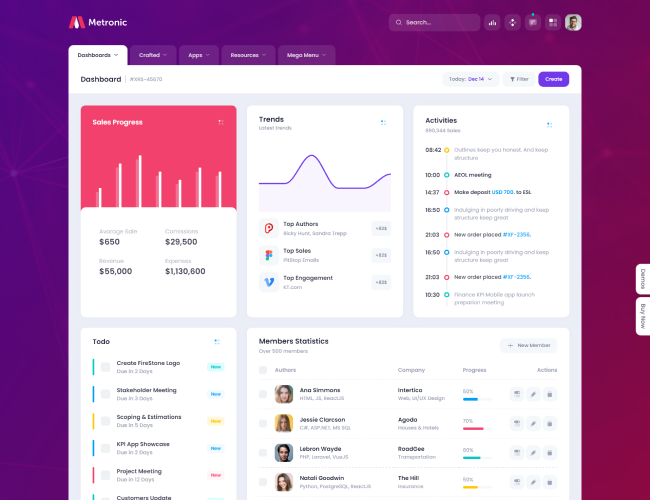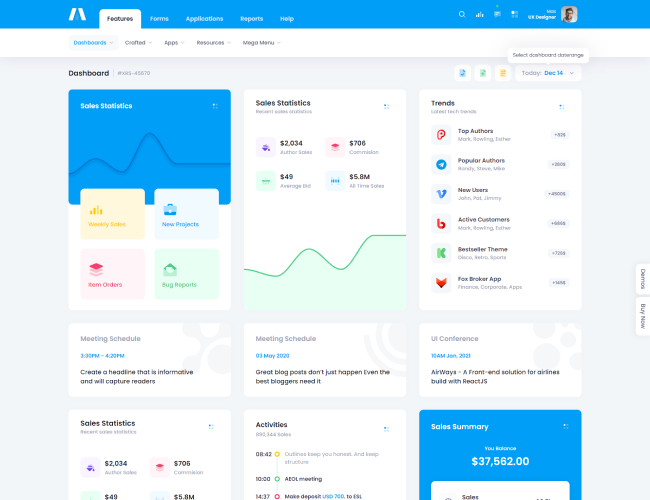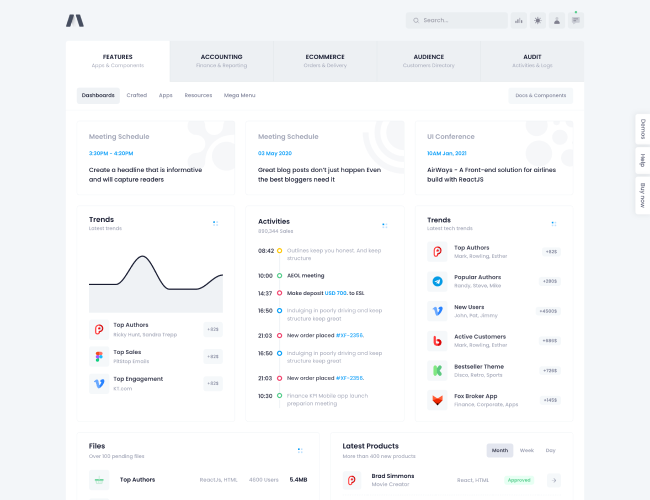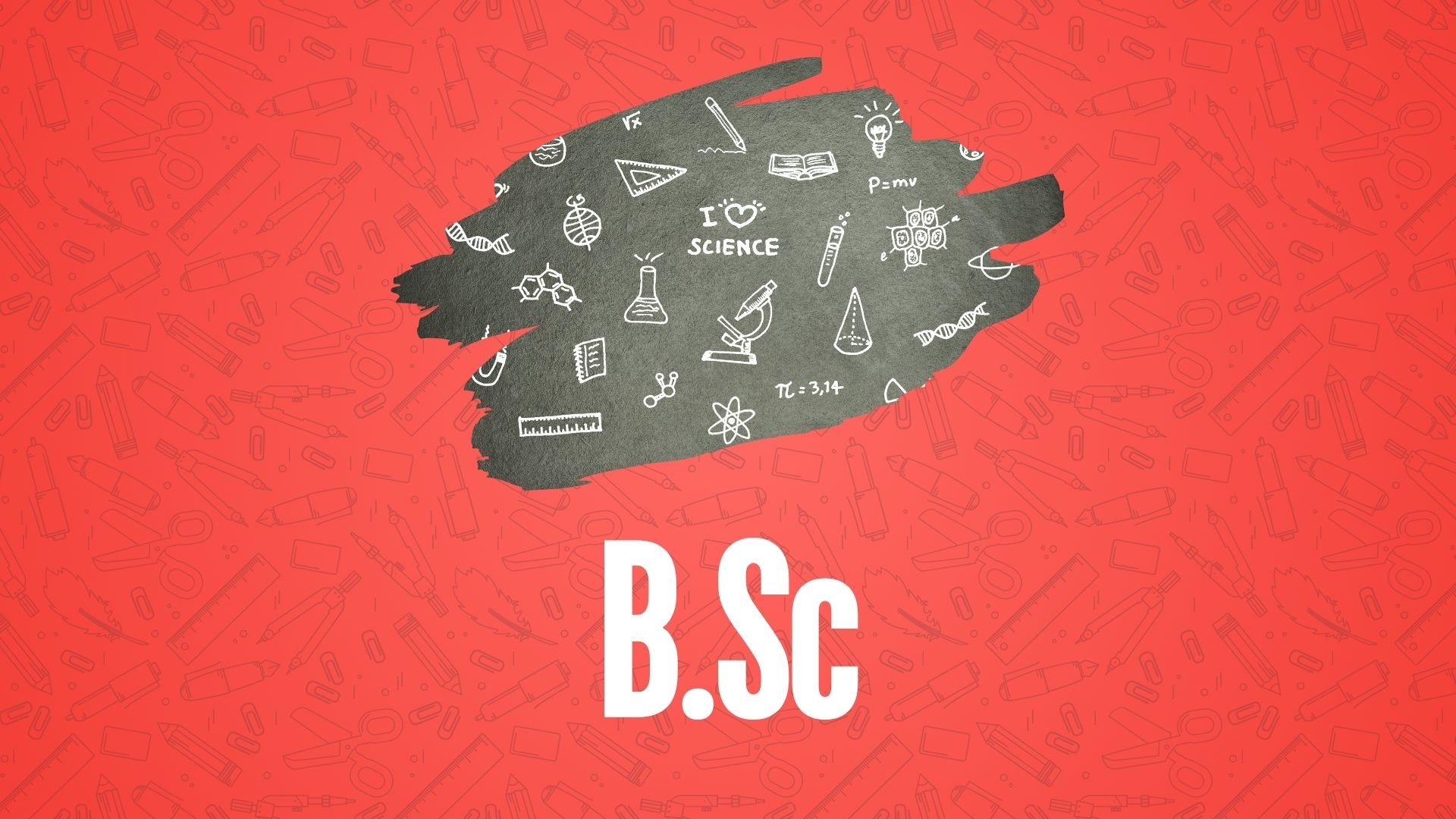
B.Sc
Explore the wonders of science. Gain specialized knowledge, practical skills, and research experience for diverse career opportunities in STEM fields.
Compare & Select from 100+
Best Universities for your B.Sc
100% Placement Assistance
The BSc, or Bachelor of Science, is an undergraduate degree program that focuses on scientific disciplines such as biology, chemistry, physics, mathematics, computer science, and environmental science. It offers a rigorous curriculum designed to provide students with a strong foundation in scientific principles, analytical skills, and research methodologies. The BSc program prepares students for careers in various scientific fields, including healthcare, technology, research, and academia.
Course Highlights:
- Specialized Disciplines: Offers a wide range of specializations in scientific fields to suit diverse interests.
- Hands-On Learning: Incorporates laboratory experiments, fieldwork, and research projects to provide practical experience.
- Problem-Solving Skills: Develops analytical and critical thinking skills essential for scientific inquiry.
- Career-Relevant Training: Provides training in cutting-edge technologies and methodologies relevant to specific industries.
Why Pursue a BSc Course:
A BSc course is suitable for individuals interested in pursuing careers in science, technology, engineering, or mathematics (STEM) fields. It is beneficial for:
- Students passionate about scientific inquiry, research, and innovation.
- Aspiring scientists, engineers, healthcare professionals, or researchers.
- Individuals seeking analytical and problem-solving skills applicable across various industries.
Who Should Pursue a BSc Course:
- High school graduates with a strong interest and aptitude for science and mathematics.
- Individuals curious about the natural world and eager to explore scientific concepts.
- Aspiring professionals looking for challenging and rewarding careers in STEM fields.
When to Pursue a BSc Course:
- After completing high school education with a focus on science and mathematics.
- Mid-career for professionals seeking to switch to a scientific or technical field.
- When seeking a hands-on, research-oriented program with practical applications.
Advantages of Doing a BSc Course:
- Specialized Knowledge: Provides in-depth knowledge and expertise in specific scientific disciplines.
- Research Opportunities: Offers opportunities for conducting research and contributing to scientific advancements.
- Career Opportunities: Opens doors to diverse career paths in healthcare, technology, research, academia, and more.
- Problem-Solving Skills: Develops analytical, critical thinking, and problem-solving skills crucial for scientific inquiry.
Other Types of BSc Courses:
- Online BSc: Offers flexibility for remote learning and self-paced study.
- Distance BSc: Allows students to study remotely with occasional in-person requirements.








